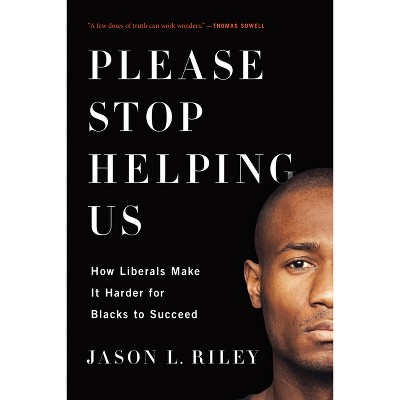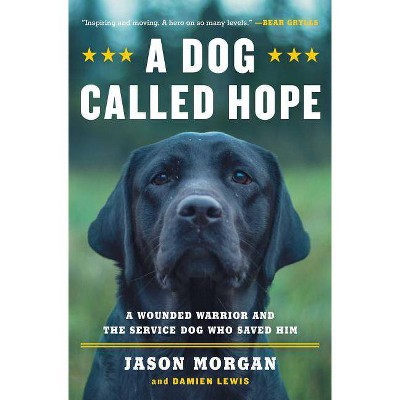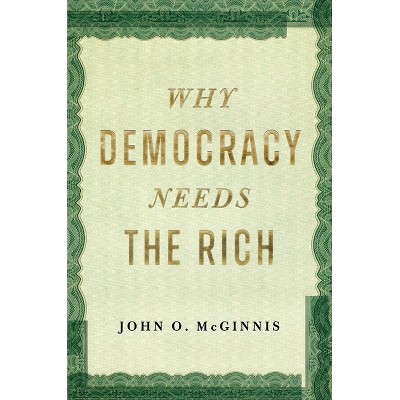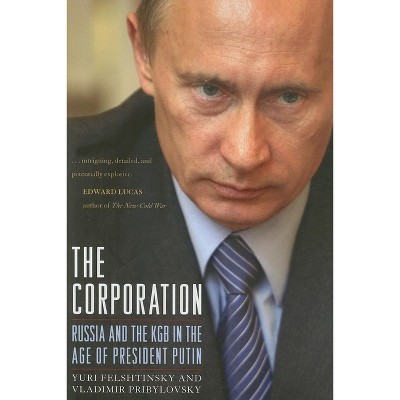About this item
Highlights
- During World War II, the Japanese military extended Japan's civilian licensing regime for domestic brothels to those next to its overseas bases.
- About the Author: JASON M. MORGAN is associate professor at Reitaku University in Kashiwa, Japan.
- 388 Pages
- History, Women
Description
About the Book
"Both of the authors found themselves savagely "canceled" by their peers in Japanese studies programs in the U.S. for refusing to follow the Woke line on the World War II "comfort women." Contrary to the party line in American humanities departments, the women were not slaves. They were prostitutes. And the notion that they were anything but prostitutes owes itself to a hoax perpetrated by a Japanese communist author in the 1980s. Any serious Japanese intellectual (of any political perspective) understands this, and many intellectuals in South Korea understand it as well. It is a mark of the intellectual bankruptcy of the hyper-politicized humanities departments that they continue to cling to this 1980s-vintage hoax"--Book Synopsis
During World War II, the Japanese military extended Japan's civilian licensing regime for domestic brothels to those next to its overseas bases. It did so for a simple reason: to impose the strenuous health standards necessary to control the venereal disease that had debilitated its troops in earlier wars. In turn, these brothels (dubbed "comfort stations") recruited prostitutes through variations on the standard indenture contracts used by licensed brothels in both Korea and Japan.The party line in Western academia, though, is that these "comfort women" were dragooned into sex slavery at bayonet point by Japanese infantry. But, as the authors of this book show, that narrative originated as a hoax perpetrated by a Japanese communist writer in the 1980s. It was then spread by a South Korean organization with close ties to the Communist North.Ramseyer and Morgan discuss how these women really came to be in Japanese military comfort stations. Some took the jobs because they were tricked by fraudulent recruiters. Some were under pressure from abusive parents. But the rest of the women seem to have been driven by the same motivation as most prostitutes throughout history: want of money. Indeed, the notion that these comfort women became prostitutes by any other means has no basis in documentary history.Ramseyer and Morgan's findings caused a firestorm in Japanese Studies academia. For explaining that the women became prostitutes of their own volition, both authors of this book found themselves "cancelled."In this book, the authors detail both the history of the comfort women and their own persecution by academic peers. Only in the West--and only through brutal stratagems of censorship and ostracism--has the myth of bayonet-point conscription survived.Review Quotes
"The cancel culture mob can come after anyone, for saying something that is actually politically incorrect, or simply twisted into seeming so. Truth is irrelevant. It takes courage to publish a controversial article in the face of that threat. Jason Morgan wrote in 2015 and Mark Ramseyer in 2020, and both had the courage not to stand down when attacked. Read their book and decide on the truth for yourself." -Bernie Black, Nicholas J. Chabraja Professor, Northwestern University
"I grew up in the USSR, the home of the original cancel system; for a while, it was also the home of serious efforts to understand this phenomenon. Ramseyer and Morgan give us a new entry to that sad database of systemic madness. The book is a captivating, fast-moving, occasionally terrifying read, an account of colossal personal and institutional failures: internet mobs, spiteful academics, gutless administrators, pathological publishing process, all wrapped in fascinating details about the life in the elite academy."
-Kate Litvak, Professor of Law, Northwestern University Pritzker School of Law
"The Comfort Women Hoax is a riveting account of Korea's 'comfort women, ' but also of hideous academic corruption in both Korea and the West. It illustrates how closed-minded professors with political agendas will ostracize, deplatform, and try to silence any honest scholar who, by debunking myths, undermines their favored narratives. Mark Ramseyer and Jason Morgan shed new light on the pernicious forces that are discouraging dispassionate and objective inquiry on politicized topics."
-Timur Kuran, Professor of Economics and Political Science; Gorter Family Professor of Islamic Studies, Duke University
About the Author
JASON M. MORGAN is associate professor at Reitaku University in Kashiwa, Japan. He is the translator of esteemed Japanese historian Hata Ikuhiko's scholarly history of the comfort women, and is also the author of an intellectual biography of Japanese legal philosopher Suehiro Izutaro. Morgan is an editorial writer for the Sankei Shimbun newspaper in Tokyo, a managing editor at the news and opinion site JAPAN Forward, and a researcher at the Japan Forum for Strategic Studies in Tokyo, the Moralogy Foundation in Kashiwa, and the Historical Awareness Research Committee also in Kashiwa.











